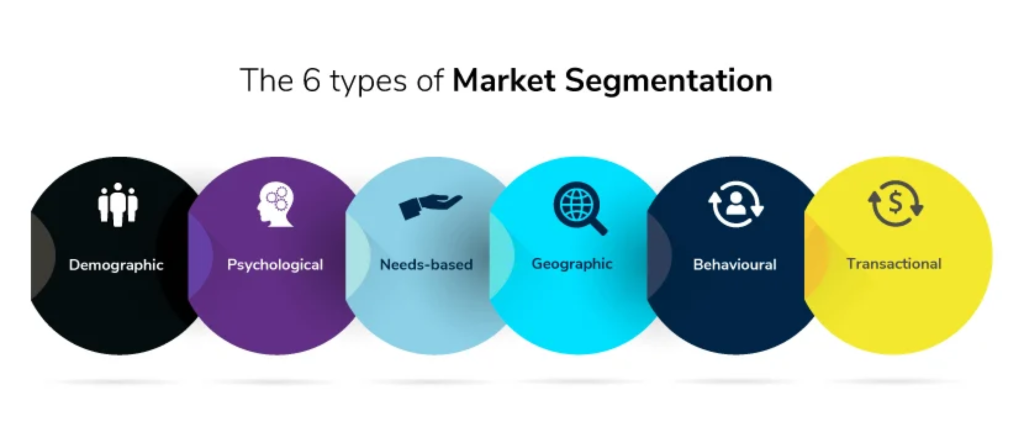
Market segmentation is the process of dividing a market into distinct groups of customers with similar needs, characteristics, or behaviors. By understanding these segments, businesses can tailor their marketing efforts to specific audiences, increasing their chances of success.
Key Benefits of Market Segmentation:
- Improved Targeting: Market segmentation allows businesses to identify and target specific groups of customers who are most likely to be interested in their products or services. This helps to avoid wasted marketing efforts and maximize ROI.
- Enhanced Customer Understanding: By studying different market segments, businesses can gain a deeper understanding of their customers’ needs, preferences, and behaviors. This information can be used to develop more effective marketing campaigns and product offerings. 1.
- Increased Customer Satisfaction: When businesses tailor their products and services to specific market segments, they are more likely to meet the needs and expectations of their customers. This can lead to higher levels of customer satisfaction and loyalty.
- Improved Marketing Effectiveness: Market segmentation allows businesses to allocate their marketing resources more efficiently. By focusing on the most promising segments, businesses can achieve better results with their marketing campaigns.
- Competitive Advantage: By understanding their target market segments better than their competitors, businesses can gain a competitive advantage. This can help them to differentiate themselves from the competition and attract more customers.
Common Market Segmentation Criteria:

- Demographic: Age, gender, income, education, occupation, family size, and location.
- Geographic: Country, region, city, neighbourhood, climate, and density.
- Psychographic: Lifestyle, interests, values, personality, and attitudes.
- Behavioural: Purchase behavior, usage rate, brand loyalty, and benefits sought.
In conclusion, market segmentation is a vital tool for businesses looking to improve their marketing effectiveness and achieve long-term success. By understanding their target market segments, businesses can tailor their products, services, and marketing efforts to meet the specific needs and preferences of their customers.
